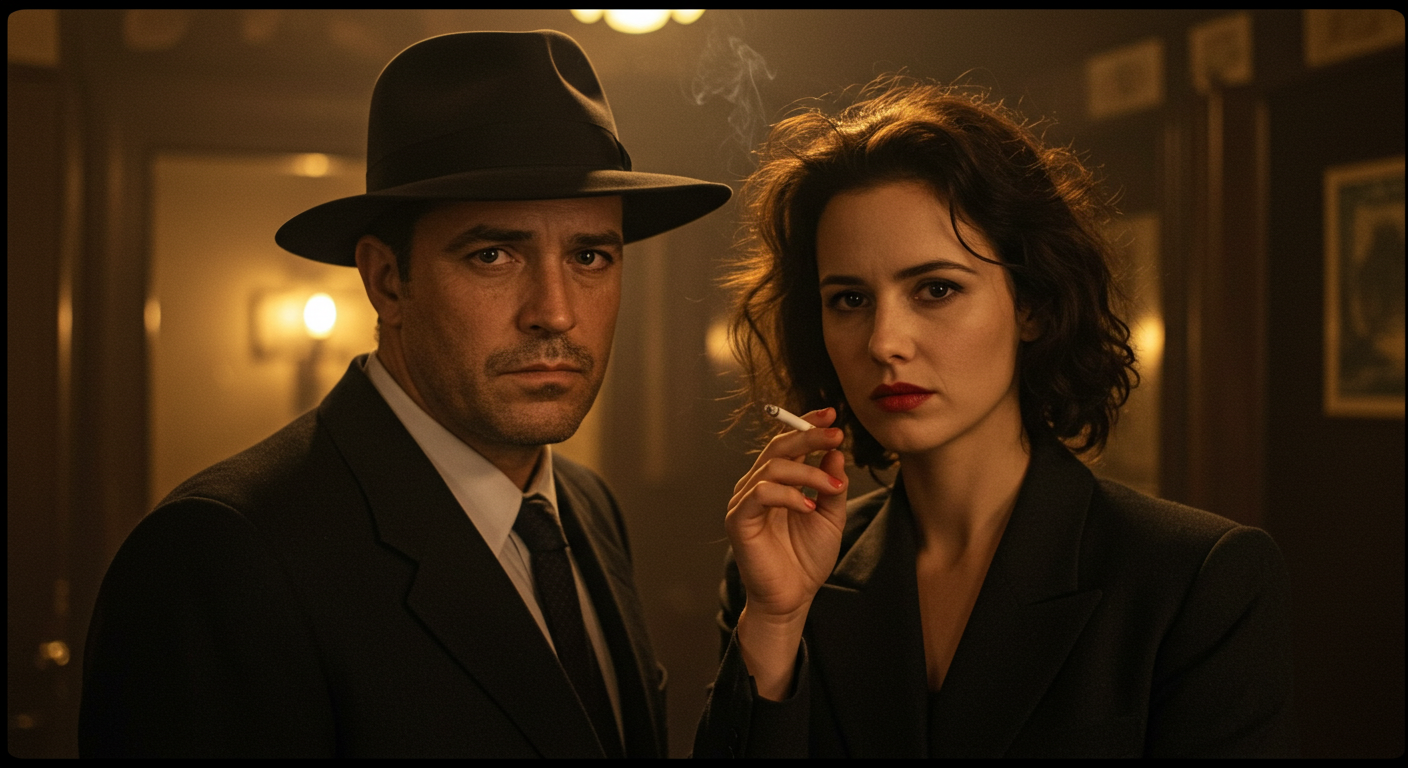Why Critical Thinking May Be the Most Important Skill You Ever Develop

In this age of artificial intelligence, misinformation, and information overload, we all need to think like detectives.
Not the flashy kind from fiction, but the real kind, the ones who ask sharp questions, sift through conflicting evidence, challenge assumptions, and refuse to stop until they uncover the truth.
And truth, now more than ever, is under pressure.
Distorted by algorithms. Buried under convenience. Manipulated, polished, repackaged.
To find it, we need to sharpen our thinking.
That’s what this article is about.
Critical thinking isn’t a luxury, it’s a survival skill.
It’s how we navigate this complex new world without getting played, misled, or lost in the noise.
We must each become the detective.
Not because it’s clever, but because it’s necessary.
The Case for Critical Thinking: What You Must Know
We are now living in a time where information doesn’t arrive slowly, it floods.
AI can generate millions of words, create realistic images and voices, and spin falsehoods that look like facts. And most of it comes at you with the same polished tone, the same confident smile.
You can’t rely on instinct. You can’t rely on familiarity. You certainly can’t rely on technology to sort it out for you.
What you can rely on, if you build it, is your own mind.
The Skills You Need to Develop
To think like a great detective in this age, you must develop the following core skills. Not later. Now.
1. Observation
Don’t just look, see. Pay attention to detail. Read between the lines. Ask: What’s missing? What’s out of place?
When an AI gives a clean, confident answer, ask yourself: Where is it getting this? What is it not telling me?
2. Questioning
Be curious, not passive. Ask better questions: What’s the source? Who benefits if I believe this?
Don’t accept claims at face value, especially when they confirm what you want to hear.
3. Pattern Recognition
Learn to see trends, contradictions, and gaps.
Critical thinkers connect the dots, but they also recognize when dots are being arranged for them.
4. Inference and Judgment
With incomplete information, you still have to decide.
Avoid jumping to conclusions. Think in probabilities. Weigh the evidence.
5. Cognitive Humility
Know your own blind spots.
A good detective doesn’t just hunt for proof; they hunt for the truth, even if it contradicts what they hoped to find.
Why This Matters, Now More Than Ever
If you don’t sharpen these skills, someone else will step in to shape your reality.
Not with facts, but with persuasion.
Not with reason, but with repetition.
Not with truth, but with what’s profitable, viral, or easy to believe.
AI can generate convincing answers. Influencers can spin emotional narratives. Even well-meaning voices can be wrong.
Without critical thinking, you are vulnerable, not just to being misled, but to becoming part of the problem.
History shows what happens when people stop thinking for themselves.
Lies become law. Truth becomes noise. Those who question get labeled dangerous.
Critical thinking is the immune system of the mind.
It’s what lets you survive in a world full of polished lies and subtle traps.
Final Word: The Responsibility Is Yours
The truth doesn’t find itself.
It doesn’t shout the loudest.
It doesn’t always feel good.
It has to be searched for, tested, and earned.
In this new world, no one else can do that for you.
Not the news. Not the algorithm. Not even your friends.
Think for yourself. Your future depends on it.
